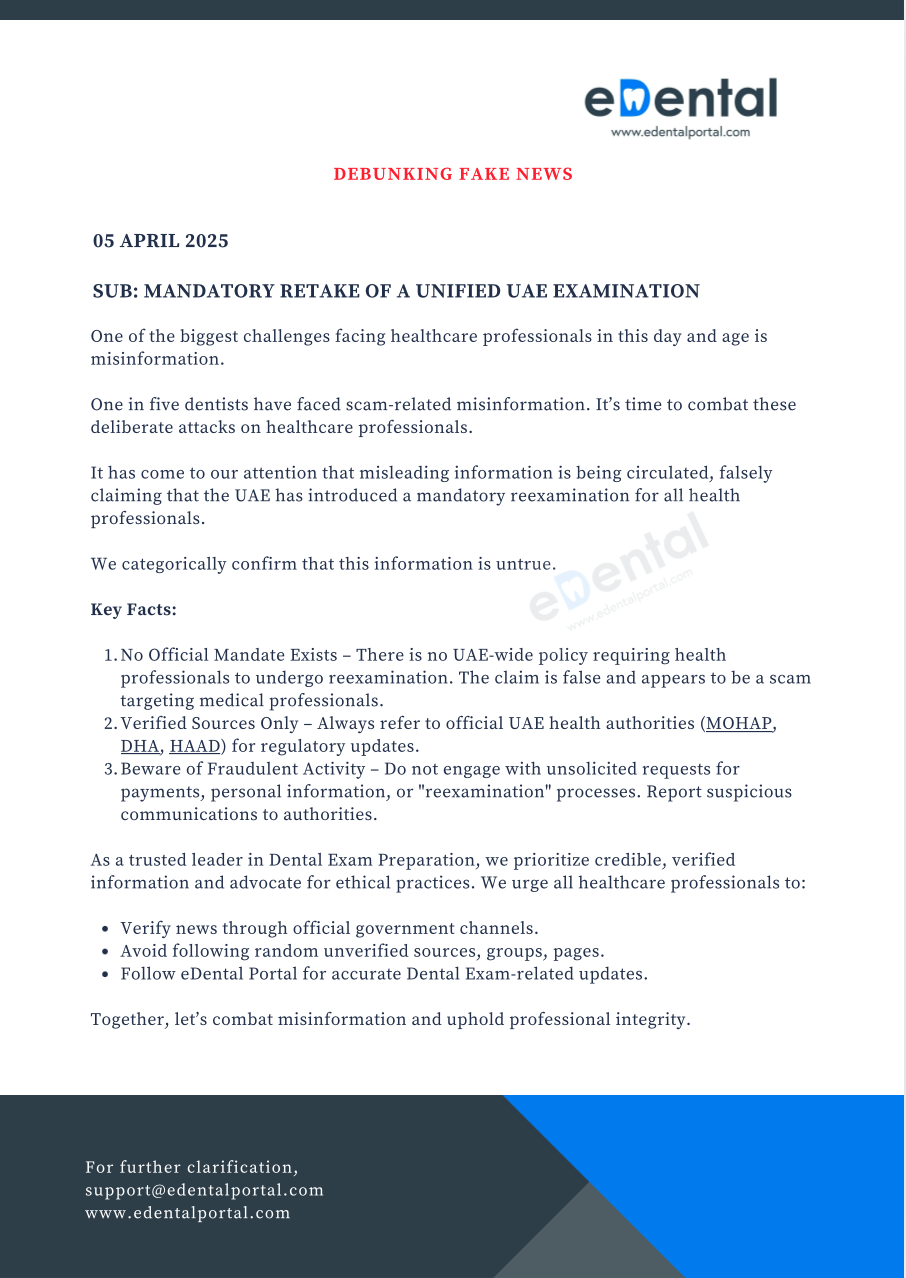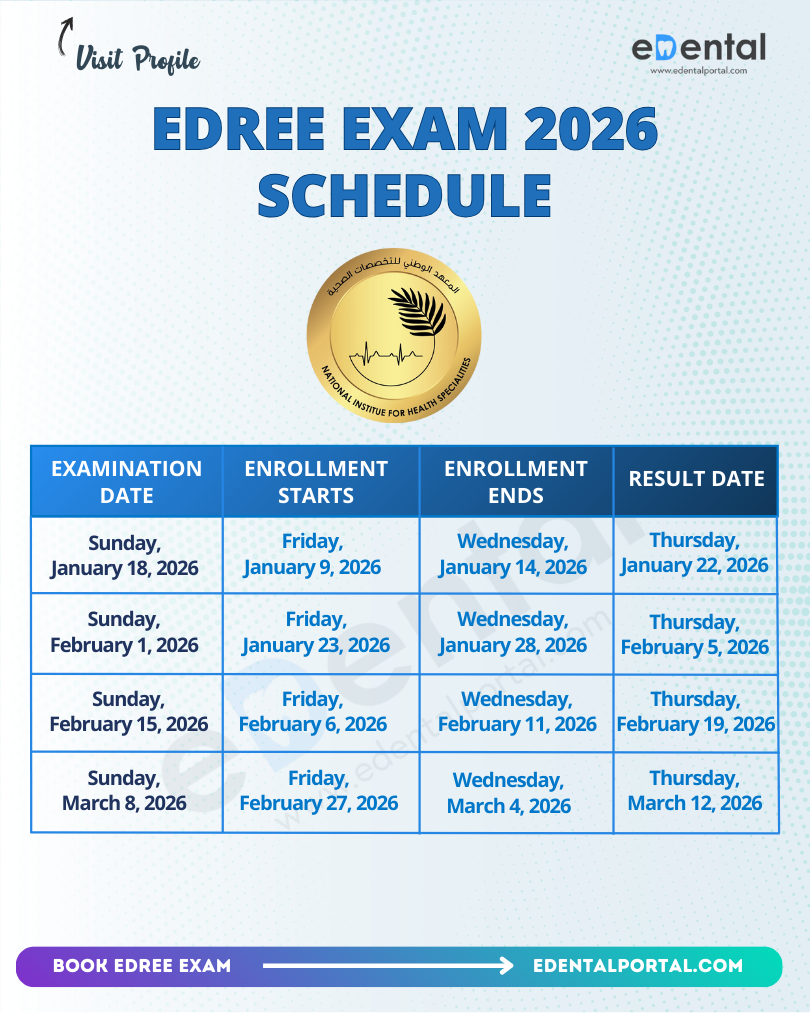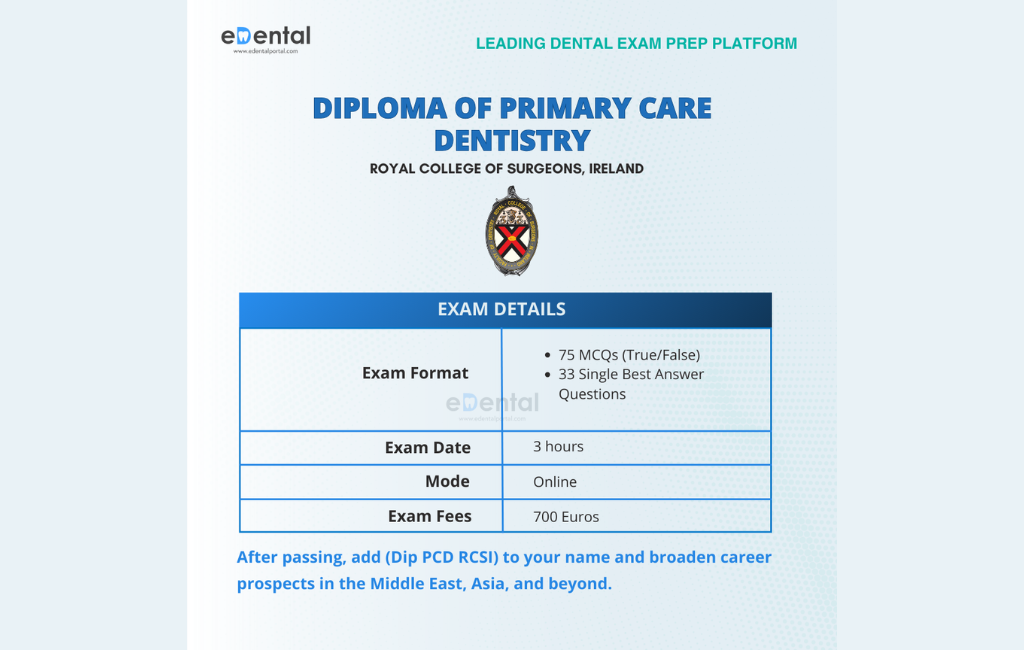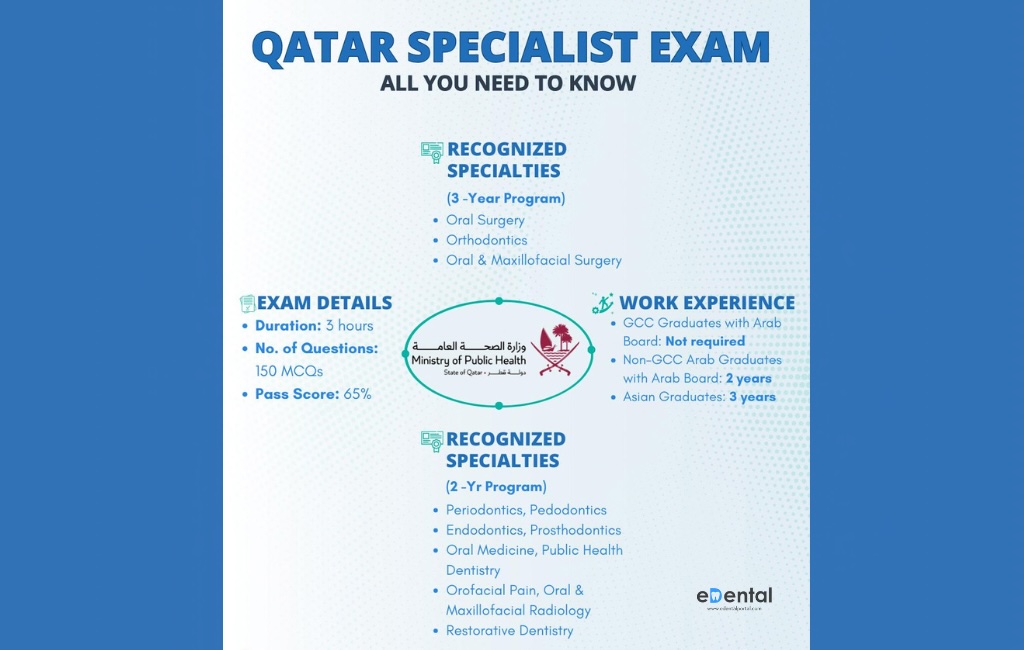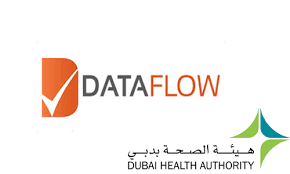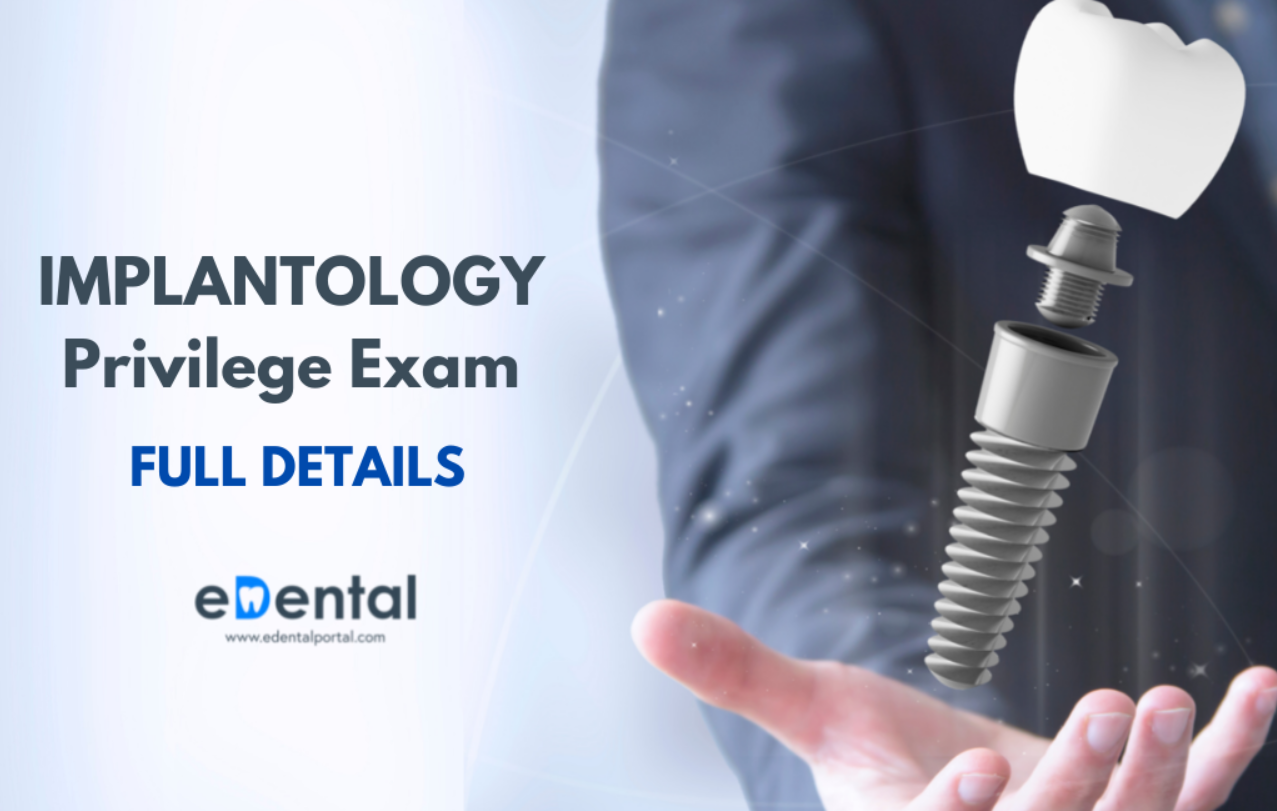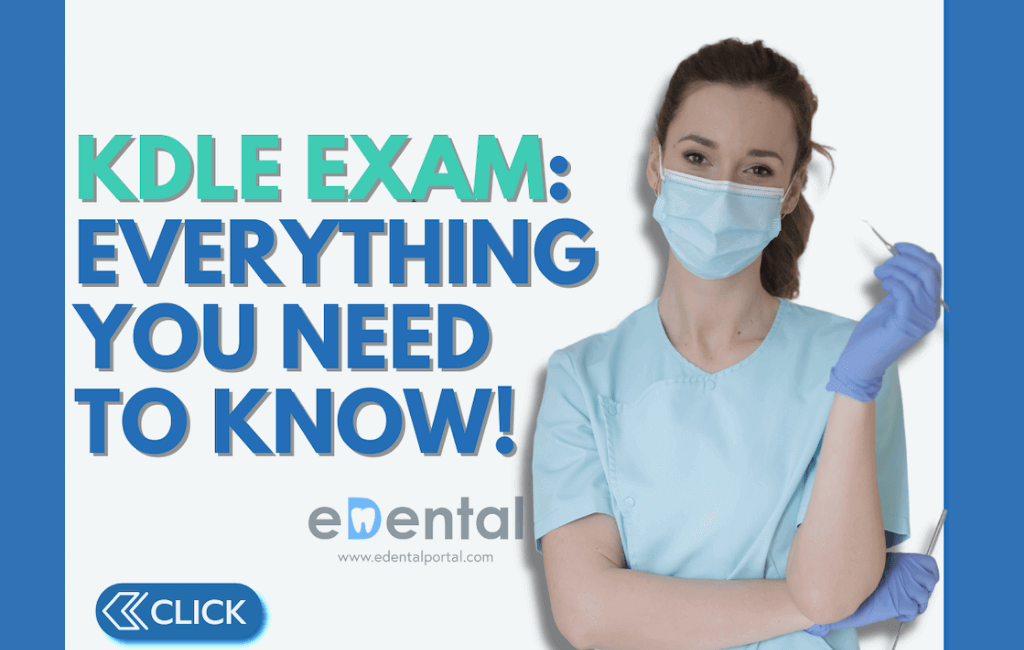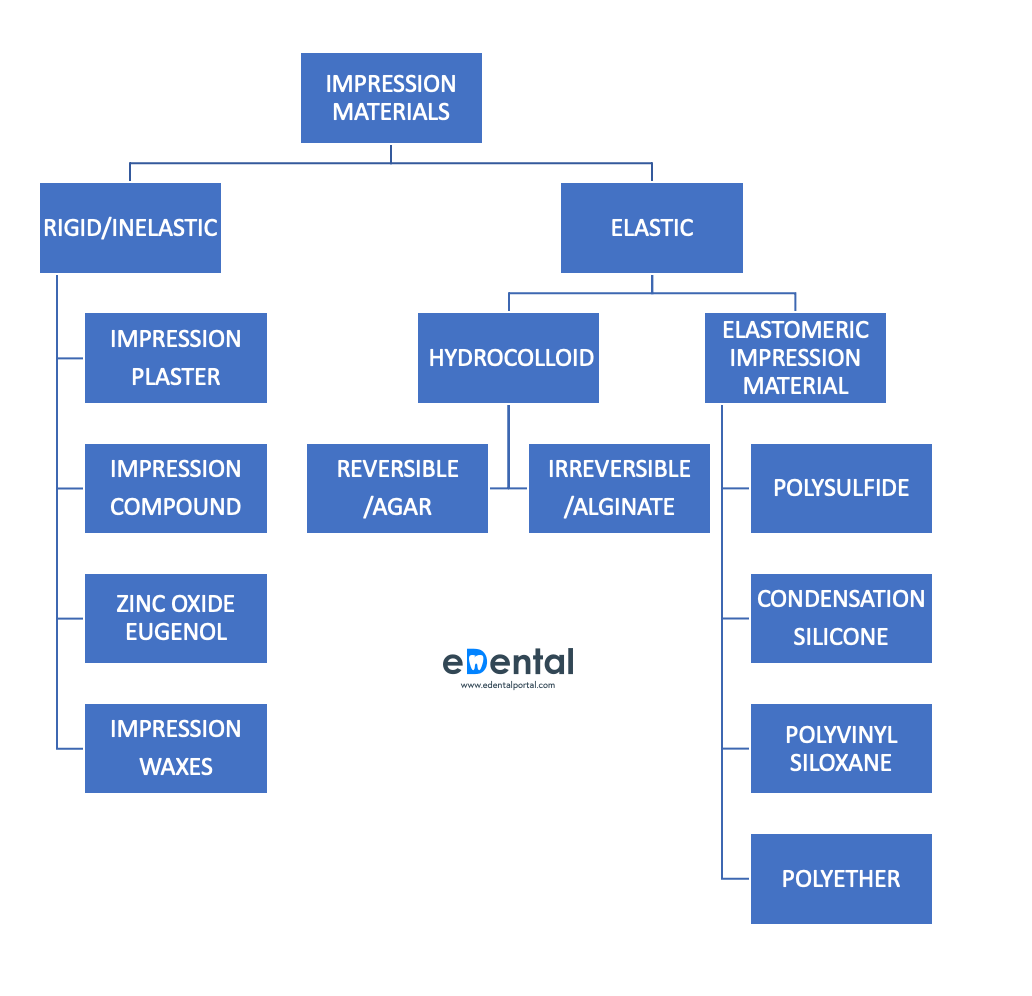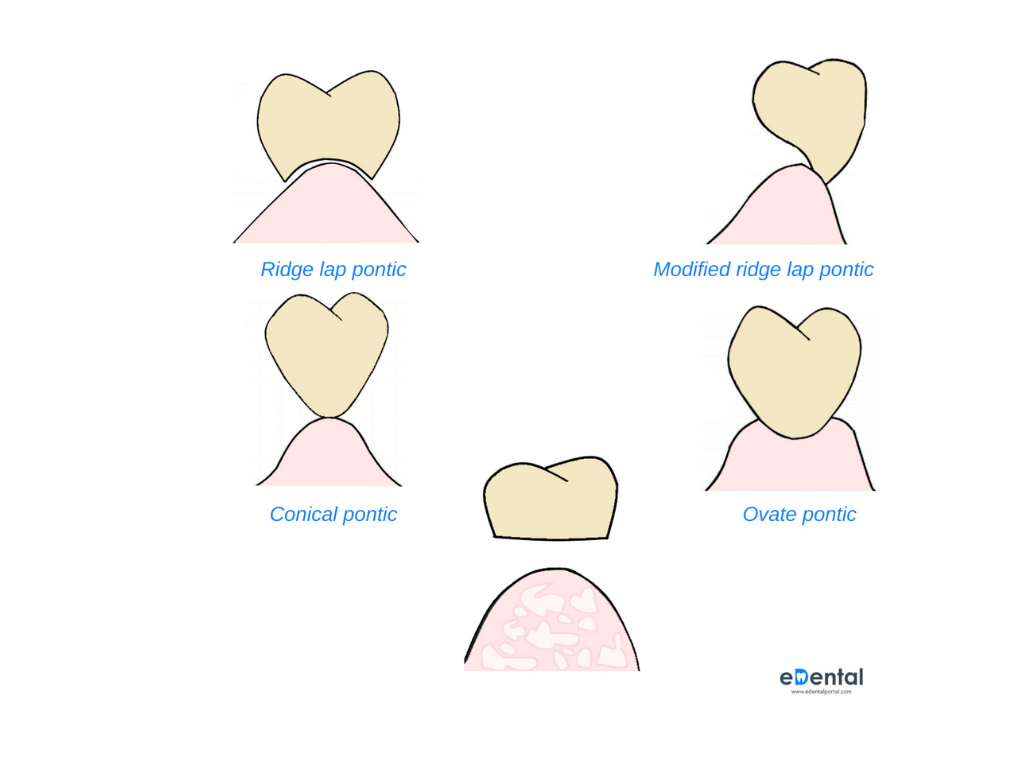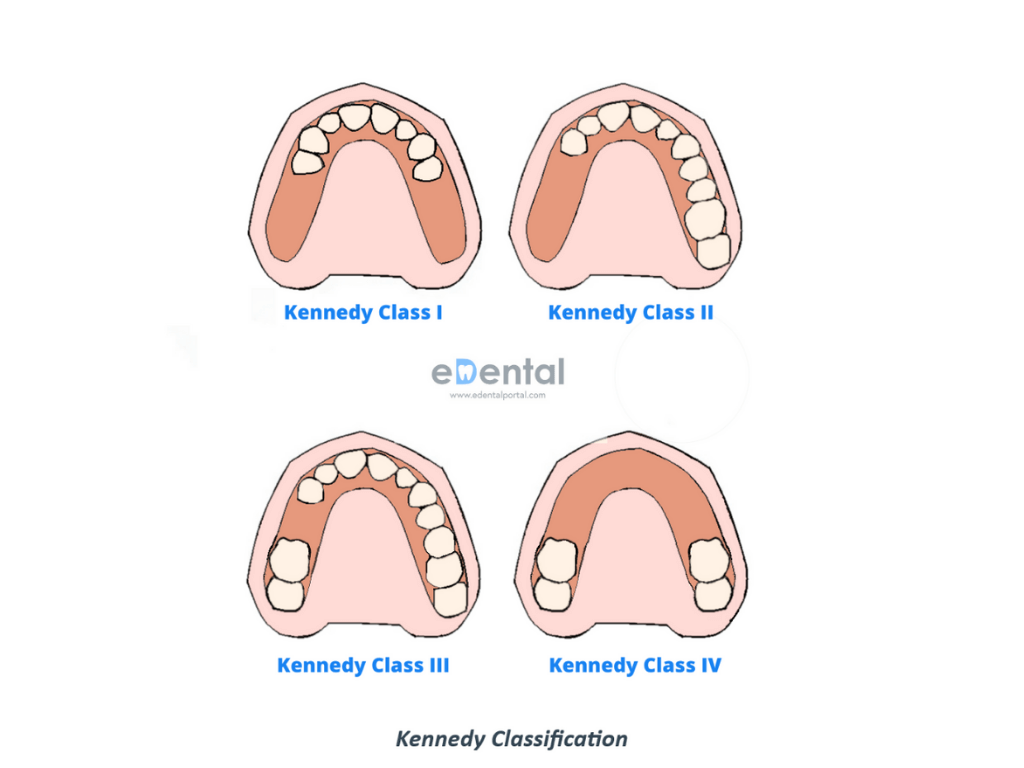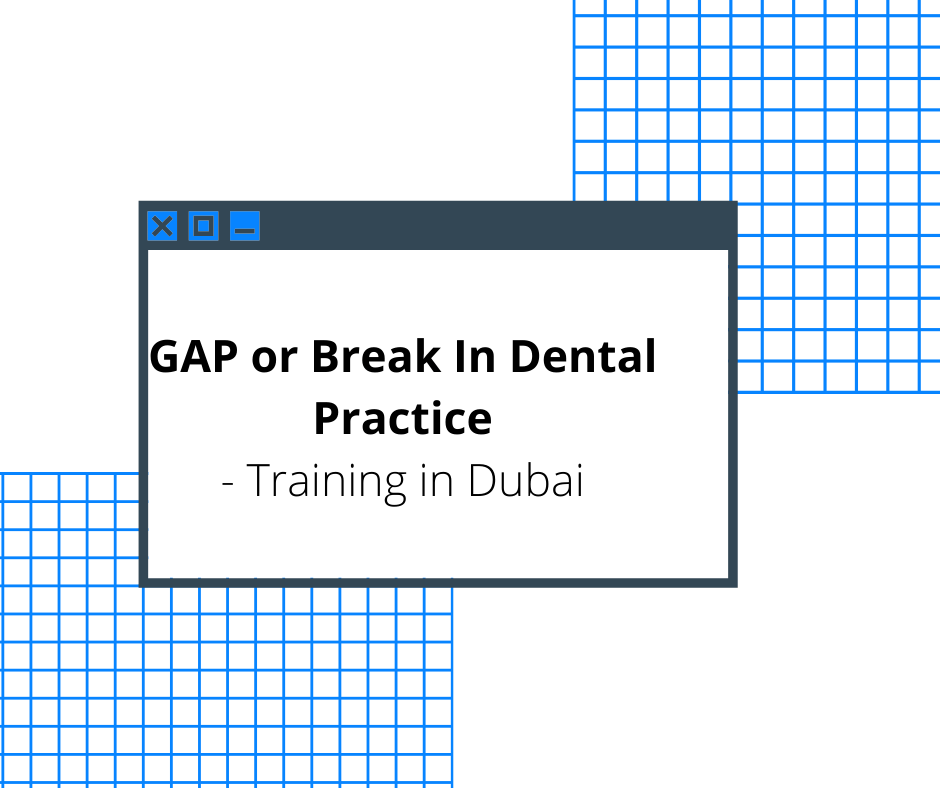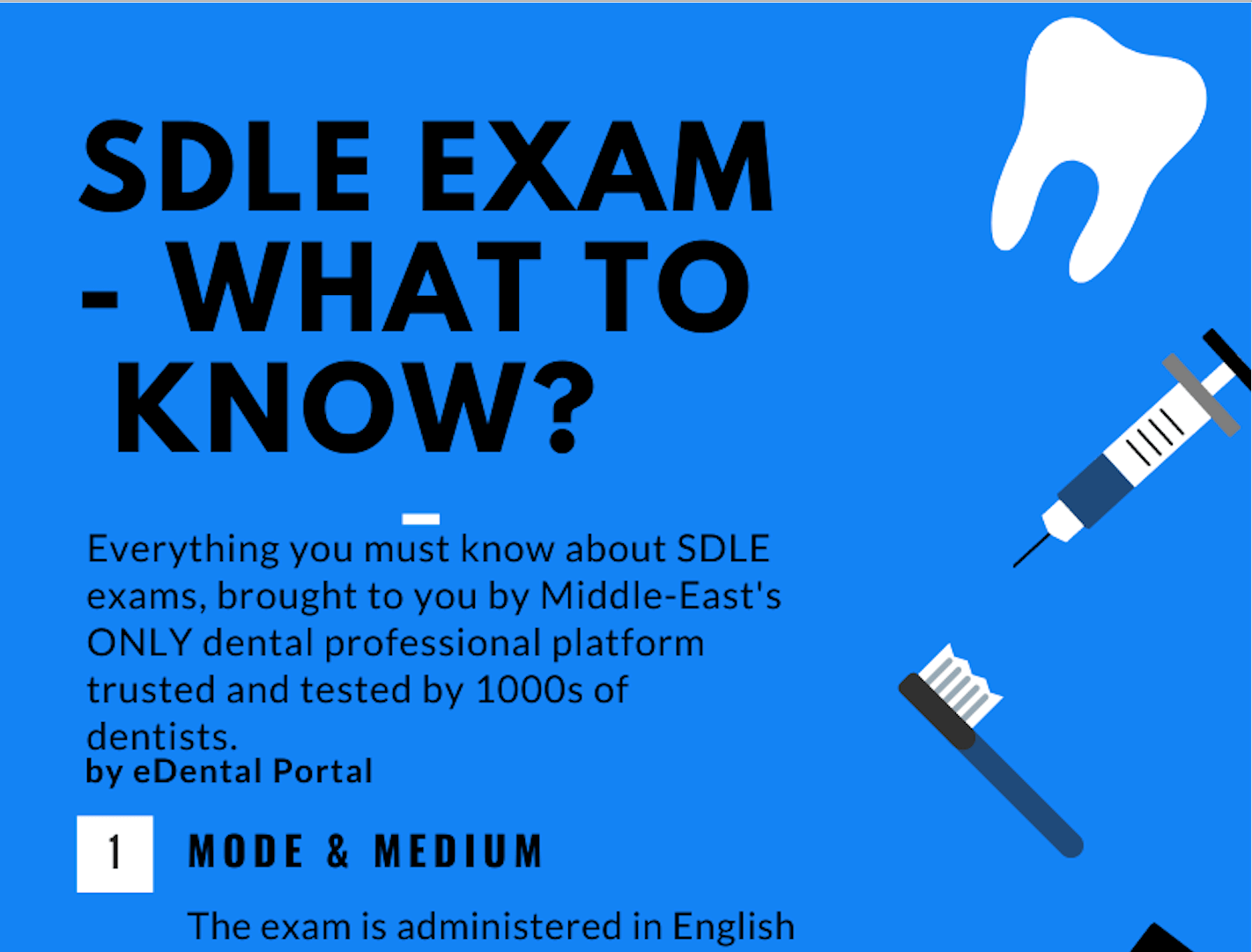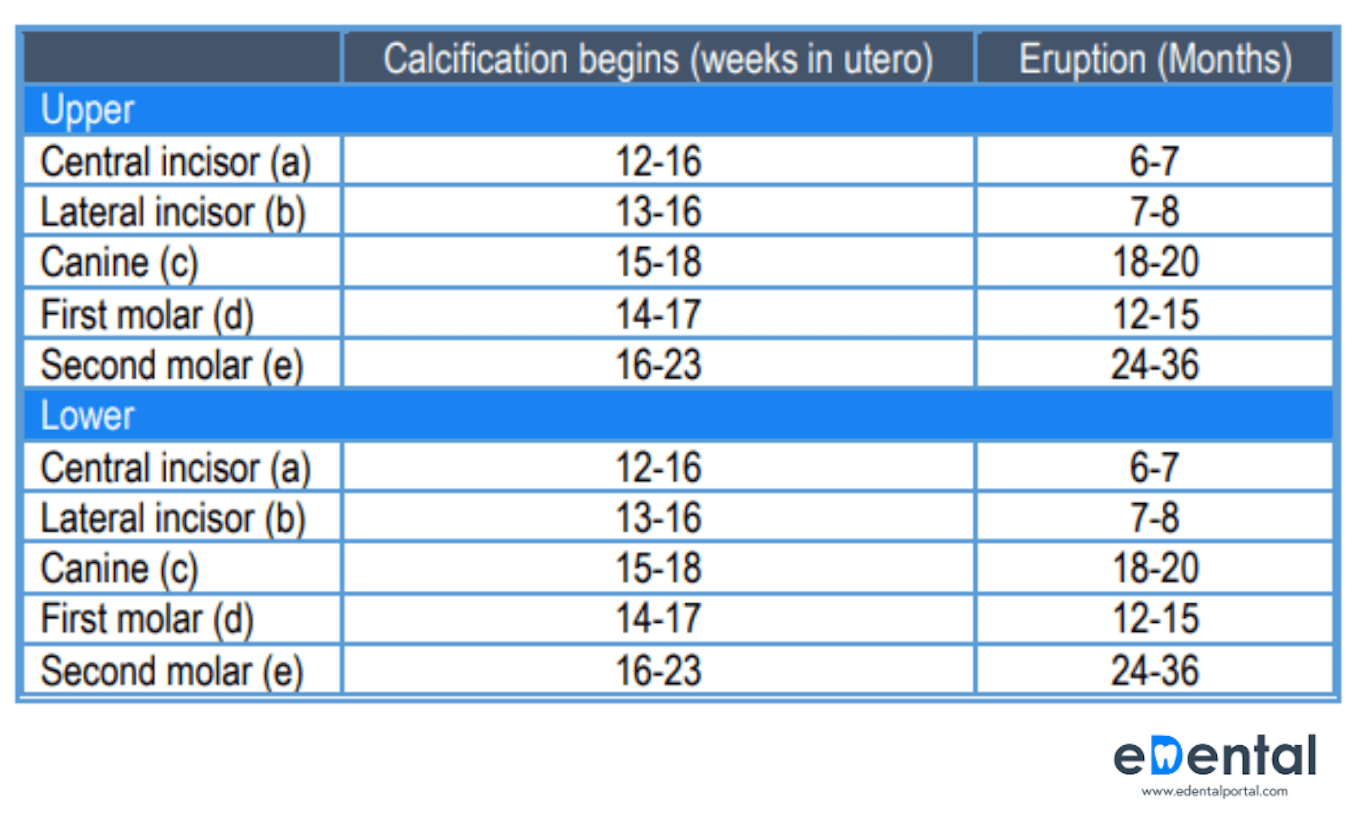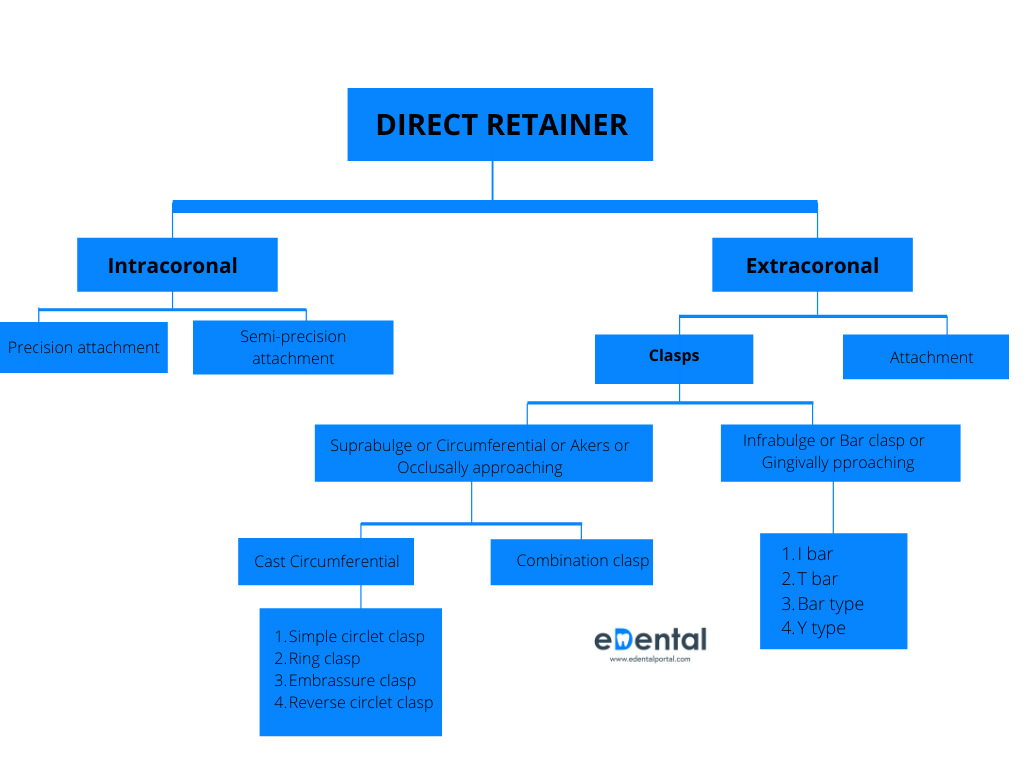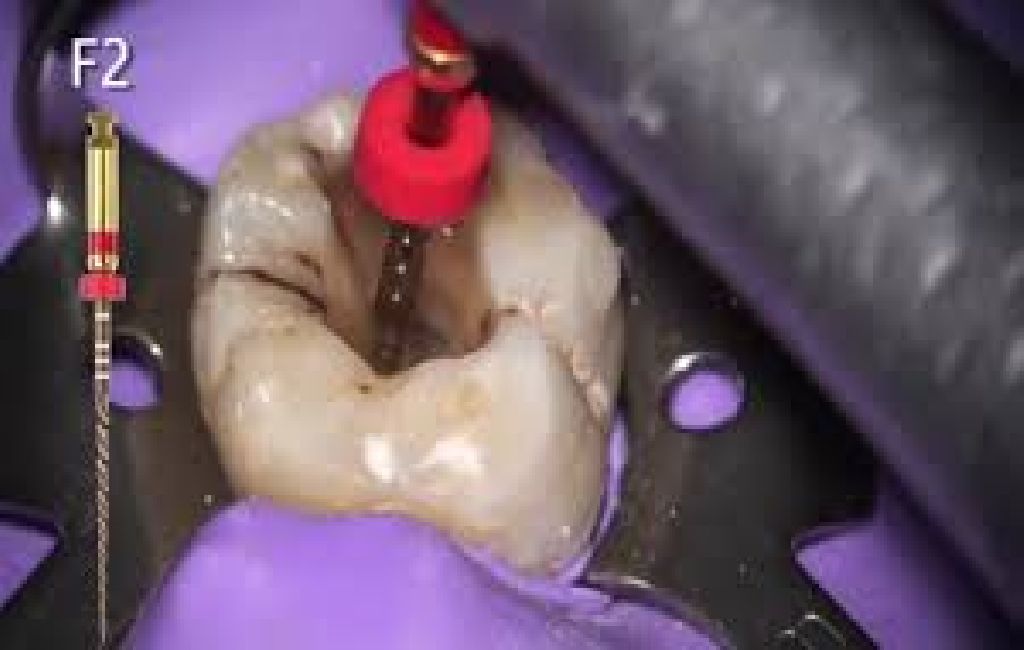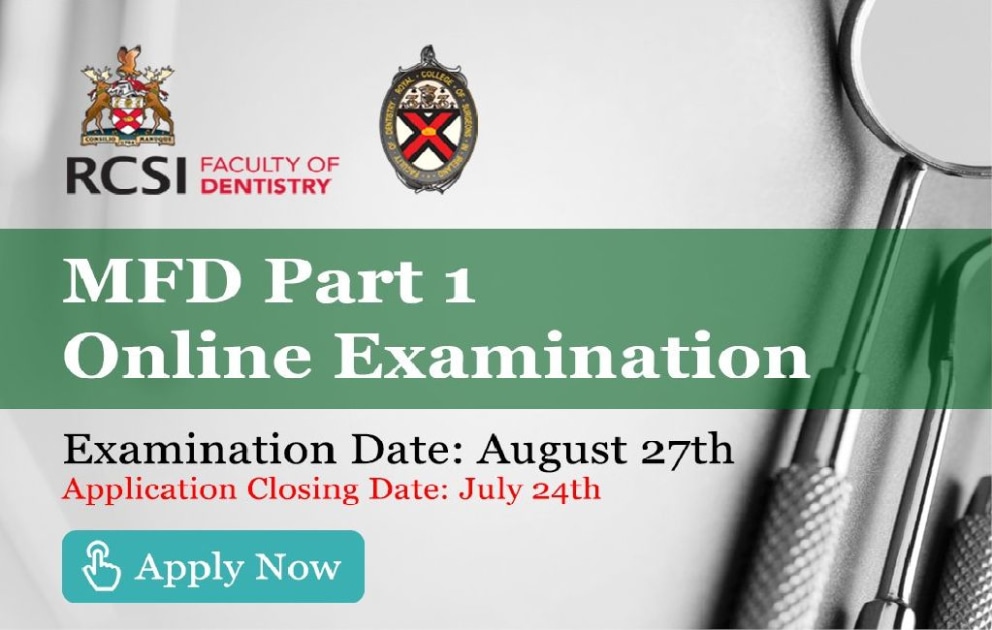
MFD exam: Guidance, Syllabus, Preparation
On 04-07-2020 | Read time about 8 Minutes
The MFD (Diploma of Membership of the Faculty of Dentistry) is awarded by the Royal College of Surgeons in Ireland (RCSI). To be awarded this membership, you are required to pass an examination. The exam comprises of 2 parts. This exam (both parts) can be taken by dentists at any stage of their career: newly qualified, those hoping to undertake specialist training or those working in general practice. Having an MFD post nominals is likely to attract you better job opportunities as well as patients in the Middle-East.
The examination does not require specialist knowledge. The exam expects the knowledge, which would be reasonably expected of a dental school graduate with 1-2 years post-qualification experience.
The examination places a strong emphasis on clinical dentistry, with some questions on the underlying relevant clinical sciences. The examination consists of two parts.
Exam format
The MFD RSCI Part 1
MFD Part 1 consists of one 3 hours paper. This will include:
- 75 True/False MCQs (75 questions with 5 choices, each which are either true or false)
- 33 Single Best Answer questions (where a statement is presented and candidates select what they feel is the “best” or most appropriate answer)
- Held online
The MFD RSCI Part 2
- Held online
- Objective Structured Clinical Examination (OSCE Stations) - Knowledge of patient examination, communication, diagnosis and treatment planning may be examined. Specialist knowledge is not required.
MFD exams:
An online format of the MFD examination has been introduced. This means that you will be able to complete the examination from your own home. If you'd like to take a Free MFD exam sample trial test, before you enroll on our Learning Plans, you can find it here
- The upcoming dates for MFD RCSI Part 1 of the exam include 07-04-2025 and 09-06-2025.
- The upcoming dates for MFD RCSI Part 2 of the exam include 14-04-2025, 12-05-2025 and 09-06-2025.
Fees
The examination fee for MFD Part 1 is €850.
The examination fee for MFD Part 2 is €950.
Eligibility
MFD Part 1
Candidates can present for MFD Part 1 examination at any stage following graduation from Dental School.
MFD Part 1 Exemption
If you have already passed the MFDS Part 1 or the DPCD exam, you can skip the MFD Part 1. However, if you haven’t passed either of these exams, it is highly recommended to take the DPCD exam instead of MFD Part 1 to secure an exemption from MFD Part 1. Here’s why:
Recognition: Both the DPCD and MFD are awarded by the Royal College of Surgeons in Ireland, ensuring their credibility and recognition.
- Easier Exam Structure: The MFD Part 1 is evenly split between basic sciences and clinical dentistry, whereas the DPCD focuses primarily on clinical dentistry, making it a more straightforward option.
Exemption Benefit: Passing the DPCD grants you an exemption from MFD Part 1, allowing you to proceed directly to MFD Part 2 if you wish to pursue the full MFD qualification.
Postgraduate Qualification: The DPCD is a standalone postgraduate qualification that can be added to your credentials as postnominals. It also serves as a pathway to the MFD qualification by enabling you to sit directly for MFD Part 2.
Single-Part Exam: Unlike the MFD, which requires passing both Part 1 and Part 2 to earn the qualification, the DPCD is a single-part exam. Upon passing, you receive a certificate and a recognized qualification immediately.
Cost-Effective: The DPCD exam is more affordable compared to MFD Part 1, making it a financially sensible choice.
MFD Part 2
- Candidates should normally be a minimum of 12 months graduated from Dental School when presenting for MFD Part 2
- Passed MFD Part 1 or equivalent (Part 1 MFDS) OR possession of the Diploma of Primary Care Dentistry [DipPCDRCSI]
- CPR Certificate completed within two years. Certificates must be valid on the date that the exam takes place. Out of date BLS certificates will not be accepted.
Results
Within 2 to 3 weeks.
Syllabus
The given syllabus is not exhaustive , but to give candidates a guide to the topics which may be included in the examination. You can enroll on the full learning plan from eDental Portal here, which can be completed in just 3 weeks. This alone is sufficient for in passing MFD exams. If you'd like to take a Free trial test, before you enroll on our Learning Plans, you can find it here
Clinical Dentistry
Endodontics
- Endodontic diagnosis
- Pulpal and periapical pathology
- Root canal anatomy
- Indications for Endodontic treatment
- Access to the root canal system
- Endodontic treatment procedures
- Endodontic preparation techniques
- Endodontic obturation techniques
- Endodontic re-treatment
- Management of traumatised teeth
- Endodontic Periodontal interface
- Endodontic Implant interface
- Surgical Endodontics
Periodontology
- Dental plaque: its formation, composition and metabolism.
- Mechanical and chemical plaque control.
- Periodontal examination and diagnosis.
- The pathogenesis of periodontal disease.
- Therapeutic agents in the control of periodontal disease.
- Basic periodontal surgery.
- Crown lengthening surgery
- Regenerative periodontal surgery
- Periodontal disease in children and young adults
- Periodontal endodontic interface
- Periodontal Systemic disease interface
- Systemic disease and the periodontium
- Dental Implant placement (surgical aspects)
- Soft and hard tissue grafting
Prosthodontics (including operative Dentistry)
- Dental caries: causes, diagnosis and the influence of diet, fluoride and restorative care.
- Therapeutic agents in the control of caries.
- The management of non-carious tooth surface loss: attrition, abrasion and erosion.
- Tooth discoloration and bleaching.
- Principles of restorative treatment planning.
- Principles of intra- and extra-coronal restoration of teeth.
- Functional occlusion in fixed and in removable prostheses.
- Complete and partial dentures: their design, construction and maintenance.
- Implant based restorations.
Orthodontics
- Management of the developing dentition
- Aetiology of malocclusion.
- Diagnosis and treatment planning
- Common appliances / techniques used in the management of malocclusion.
- The role of the general dental practitioner in the management of malocclusion.
- The Orthodontic/Restorative/Surgical interface.
Oral Surgery
- Dento-alveolar trauma, mandibular and zygomatic fractures
- Principles of management of salivary gland disease
- Surgical tooth extractions and important complications.
- Metabolic consequences of trauma and surgery.
- Minor soft tissue surgery
- Principals of management of salivary gland disease.
- Biopsy techniques
- Odontogenic cysts and their management.
- Differential diagnosis of oro-facial pain including pain of non-dental origin.
- Implant surgery
Paediatric Dentistry
- Infant oral healthcare prevention.
- Paediatric periodontal problems.
- Optimum fluoride therapy.
- Behaviour management of children in the dental setting.
- Guidelines for the use of sedation and general anaesthesia in children. § Diagnosis and treatment planning for the paediatric dental patient.
- Paediatric restorative dentistry.
- Pulp therapy in the primary dentition
- Management of the developing dentition in paediatric patients. § Space maintenance.
The Principles of Professional and Ethical Practice
- The law in relation to the practice of dentistry
- The law in relation to consent for dental treatment.
- Medical and dental records: their content, the legal aspects of disclosure, data protection and freedom of information.
- Medico-legal reports.
- Clinical negligence and professional indemnity for the dental profession.
- Managing patient’s complaints.
- The dentist as employer.
- Dental practice management.
- Communication with patients, relatives and health care colleagues.
- Clinical Governance.
Latest Posts
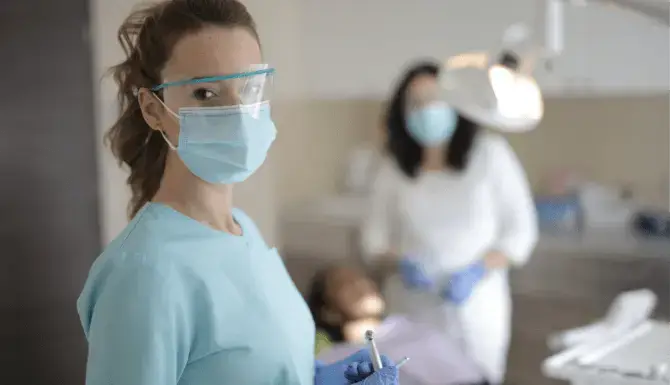
FREE PROMETRIC PRACTICE TESTS
Try out the most relevant Prometric mock test questions for Dental exams here.
ENROLL NOW
